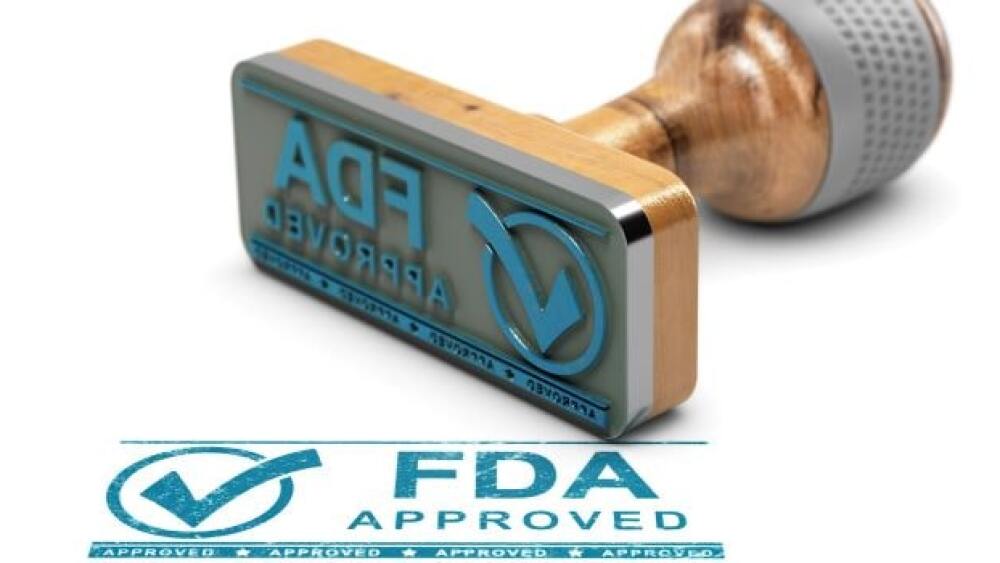The research showed that 61% of patients with PV experienced a complete hematological response after 7.5 years of treatment with BESREMi. Here’s more about it.
FDA recently approved BESREMi for the treatment of Polycythaemia Vera.
Two companies that had once been opponents across an arbitration table over the licensing agreement regarding an experimental treatment for the rare disease Polycythaemia Vera (P.V.) are now celebrating after the U.S. Food and Drug Administration greenlit the fruits of that developmental effort.
On Friday, the FDA approved BESREMi (ropeginterferon alfa-2b-njft) to treat adults with P.V., a blood disease caused by the overproduction of red blood cells, resulting in the thickening of blood flow and increased risks of clots. BESREMi was co-developed by PharmaEssentia Corporation in the U.S. and Austria-based AOP Orphan. In 2009, AOP Orphan in-licensed the exclusive rights to BESREMi for the European and Middle Eastern markets. Two years ago, the European Medicines Agency approved BESREMi for the treatment of P.V. based on clinical studies conducted by AOP Orphan.
Now, the FDA has followed suit, approving BESREMi for use in the U.S. based on the same studies. BESREMi is an innovative monopegylated, long-acting interferon designed to be self-administered by patients. The drug targets polycythemia vera in the bone marrow.
The approval was based on research showing that 61% of patients with PV experienced a complete hematological response (a hematocrit count of less than 45% without phlebotomy for at least two months) after 7.5 years of treatment with BESREMi. In addition, 80% of the participants also achieved a hematological response (based on just laboratory parameters, excluding normal spleen size and thrombosis).
“The FDA approval of BESREMi for people with polycythemia vera represents the next step in advancing patient care as it provides a critical addition to managing not only symptom burden and near-term complications, but also treating the cancer early, which may help reduce the risk of disease progression over time. With the availability of an FDA-approved, next-generation interferon for this indication, it’s time that we focus on preserving the long-term health of patients with polycythemia vera,” said Srdan Verstovsek, M.D., Ph.D., the director of the Hanns A. Pielenz Clinical Research Center for Myeloproliferative Neoplasms at the University of Texas MD Anderson Cancer Center.
About BESREMi
BESREMi is designed to be administered once every two weeks or longer until hematologic parameters are stabilized. After which, patients may be allowed flexible dosing depending on their needs. After a year, patients that have reached complete hematologic response can be treated with the drug every four weeks.
The common adverse reactions observed during the trial included flu-like symptoms, fatigue, arthralgia, nasopharyngitis, pruritis and muscle pains, but in less than 40% of the patients. Serious adverse reactions were felt in less than 4% of the participants, who reported depression, urinary tract infection and transient ischemic attack.
“As we begin working closely with the community to integrate this important treatment into clinical practice, we also continue to expand our scientific efforts to unlock the full potential of our pioneering molecule,” noted Ko-Chung Lin, Ph.D., co-founder and chief executive officer for PharmaEssentials and inventor of the drug.
AOP Orphan and PharmaEssentia agreed to arbitration over the licensing agreement. According to a news release issued by AOP Orphan last year, PharmaEssentia attempted to terminate its licensing agreement with AOP Orphan in 2017. However, the companies ultimately agreed to meet at the arbitration table, and AOP Orphan won a settlement agreement that covered the costs of “damages for project delays caused by PharmaEssentia, resulting in delays of the approval of the medicinal product for human use BESREMi in Europe and delays in supply to patients affected by polycythaemia vera.”
According to the 2020 announcement, AOP Orphan began developing BESREMi in 2009. PharmaEssentia supplied the active pharmaceutical ingredient, and AOP Orphan completed the development of the drug product, conducted Phase I/II and Phase III clinical trials that led to approval in Europe. Additionally, AOP Pharma said it initiated studies in polycythaemia vera in a different patient risk group and chronic myeloid leukemia and myelofibrosis.
Not only were there complications between the developmental partners that resulted in arbitration, but there were issues with an initial attempt to win the approval of BESREMi in the U.S. Earlier this year, the FDA issued a Complete Response Letter to PharmaEssentia due to COVID-related travel restrictions that prohibited the regulatory agency from visiting a manufacturing facility in Taiwan. The CRL was also related to what the FDA said is a “need for additional data about the administration format with the product.” PharmaEssentia resubmitted its Biologics License Application in May after the issue had been addressed.
Featured Jobs on BioSpace





